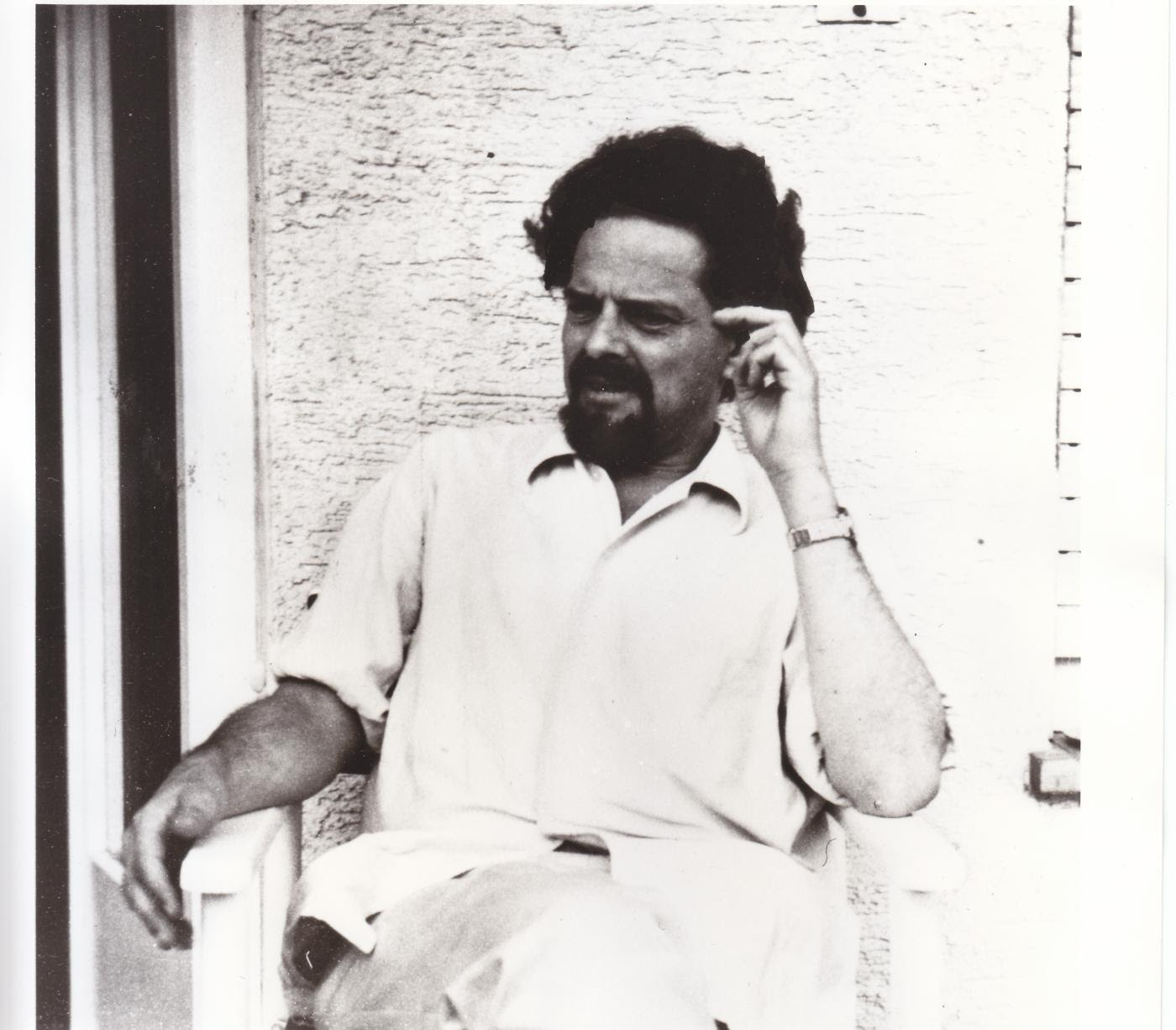Lange was director of the WCC’s division of ecumenical action, and the first German to serve as a WCC associate general secretary. “Lange was convinced that the ecumenical renewal of the churches needs to be understood and organized as a process that sets in motion and raises the consciousness of their members,” Raiser writes in his tribute. Lange served at the WCC for only two years from 1968 to 1970 before ill health compelled him to return to Germany, followed by his untimely death in 1974 at the age of 47. Lange’s insights, even if unacknowledged, influenced the WCC as it has sought to change its self-image and its forms of action and decision-making, writes Raiser, who knew Lange personally. Particularly important in this context was Lange’s use of the idea of “conciliarity” based on a WCC study from 1971, and set out in his book And Yet It Moves: Dream and Reality of the Ecumenical Movement. For Lange, this meant developing a safe space where those with different points of view could seek a lasting consensus without having to give up their identities. ”His most important ecumenical legacy is that he started from a comprehensive and inclusive understanding of ecumenism,” Raiser states. “For him, the aspects of action and reflection, grassroots and leadership responsibility, global and local challenges, unity and justice, consensus and conflict, which are often played off against each other, need to remain quite consciously related to each other in their tension.”
A pioneer who saw the ecumenical movement as the “test case of faith”
Tribute to Ernst Lange by Konrad Raiser [available in English and German]
“The Test Case of Faith”
Article by Ernst Lange published in The Ecumenical Review, July 1973 | 
No comments:
Post a Comment